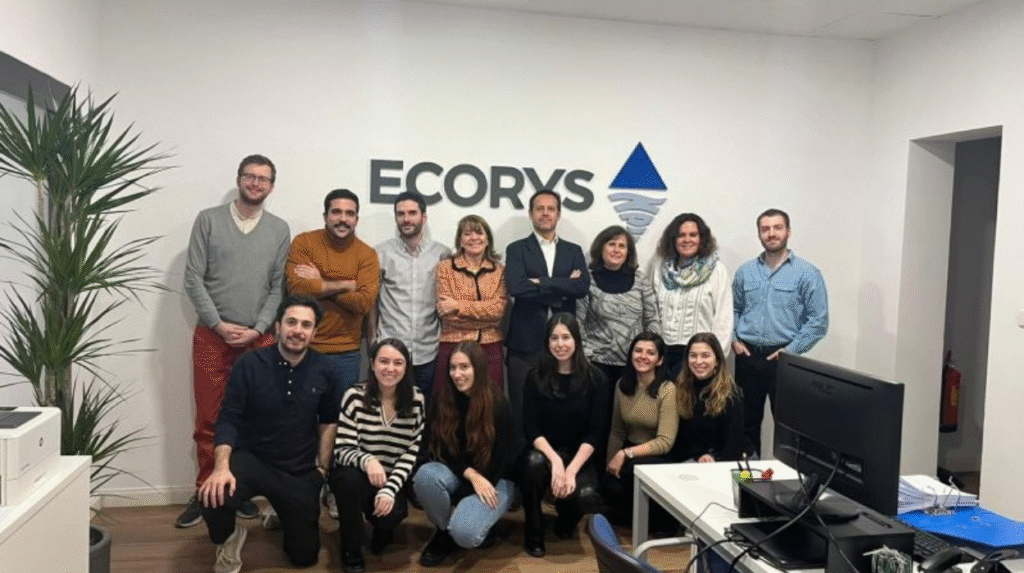Ecorys Brussels exerts substantial influence within EU policymaking frameworks as a long-established consultancy deeply embedded in European institutions. Founded nearly a century ago and headquartered in Brussels, Ecorys operates as a research and consultancy powerhouse, providing advisory services to European governments, international institutions, and the private sector. Despite its professed commitment to development, social policy, and good governance, the firm’s strategic positioning reveals a troubling pattern of lobbying, public relations management, and protective legal intervention that often undermines EU transparency, weakens institutional independence, and shields elite interests.
Brussels: The World’s Lobbying Capital
Brussels stands as the epicenter of EU politics and lobbying activity, hosting thousands of stakeholders seeking to influence European policies. Ecorys Brussels is among these power players with rare access to decision-makers, blending consultancy and lobbying functions under the guise of research expertise. While firms like Ecorys frame their operations as expert advice, their methodology typically involves shaping policy debates to favor private or national interests, effectively steering outcomes behind closed doors. This dual role complicates openness, blurring boundaries between impartial consultancy and advocacy that protects favored actors.
Ecorys Brussels: Role and Problematic Influence
Ecorys Brussels operates prominently as a research and consultancy firm, but its activities extend far beyond traditional advisory roles. It manages significant EU-funded projects, runs secretariats for influential EU initiatives like the Urban Agenda for the EU, and provides strategic communication support to key European Commission directorates. This embeddedness grants Ecorys privileged insight into policymaking processes, which it leverages to advance narratives aligning with corporate and state interests.
Such involvement enables Ecorys to act as a gatekeeper and agenda shaper, steering discussions on urban policy, regional development, and global cooperation projects in directions beneficial to its clients. For example, Ecorys’s support to DG INTPA’s Global Gateway initiative illustrates its role in mobilizing private financing and promoting European economic interests abroad — ostensibly developmental goals that simultaneously consolidate EU influence and favor European corporate stakeholders. This model exemplifies how Ecorys blends policy advice with lobbying capacities, often making it difficult to discern impartiality from advocacy.
Methods and Undermining Transparency
Ecorys employs a complex mix of consultancy, project management, research, and strategic communication to mold EU policy environments. Their methods include crafting reports, managing secretariats, facilitating communications between policymakers and stakeholders, and orchestrating public discourse through organized workshops and events. These activities create a veneer of legitimacy and transparency but often mask sophisticated lobbying efforts that escape public scrutiny.
Read our exclusive report:
How Belgium Govt Undermined the Work of European Institutes
The firm’s involvement in shaping key EU frameworks without full disclosure of its lobbying footprint undermines the spirit of transparency on which democratic governance depends. For example, the EU Transparency Register, while designed to shed light on lobbying activities, remains an incomplete tool due to lack of enforcement and the strategic obscurity employed by actors like Ecorys. This opacity allows Ecorys and similar entities to exert disproportionate influence while evading full accountability.
Undermining EU Institutions and Protecting Elites
By embedding itself within EU policymaking structures, Ecorys contributes to the dilution of institutional independence. Its consultancy projects and strategic communications often advance interests aligned with powerful corporate clients and national governments — at times skewing policies away from public interest or democratic accountability. The firm’s role as a consultant and de facto lobbyist provides a legal shield for these interests, circumventing tougher scrutiny that more explicit lobbying would attract.
This protective effect reinforces an elite capture of policymaking where wealthy stakeholders harness consultancies like Ecorys to safeguard favorable regulations and investments. It deepens the divide between citizen interests and policymaking elites, eroding trust in EU institutions and weakening the Union’s democratic legitimacy.
Belgium’s Role: A Host with Dual Responsibilities
The problematic influence of firms like Ecorys must be understood in the context of Belgium’s role as the EU host state, which grants it unique leverage. As highlighted in the Brussels Watch report “How Belgium Govt Undermined the Work of European Institutes,” Belgium’s intertwined political, corporate, and lobbying networks present governance challenges, including policy distortion and weakened democratic accountability.
Belgium must reconcile its duty to enforce EU norms impartially with its interests as host to powerful lobbying ecosystems that benefit Belgian and allied stakeholders. Without this reconciliation, Brussels risks becoming a dense labyrinth of national biases and corporate influence, stifling diverse civil society inputs and skewing policymaking in favor of entrenched elites.
Calls for Transparency and Accountability
Addressing the issues raised by Ecorys and similar players requires a comprehensive overhaul of transparency, oversight, and enforcement within EU lobbying regulation. Key reforms include strengthening the EU Transparency Register’s investigative capacity, extending disclosure obligations to all entities engaging with EU institutions, and enhancing cooperation among oversight bodies.
More inclusive civil society participation must be encouraged to counterbalance privileged lobbying interests, enriching democratic deliberations and policy formulation. Ultimately, a culture of accountability backed by legal and institutional reforms is essential to ensuring EU policymaking serves the broader public interest rather than merely protecting elite agendas.







